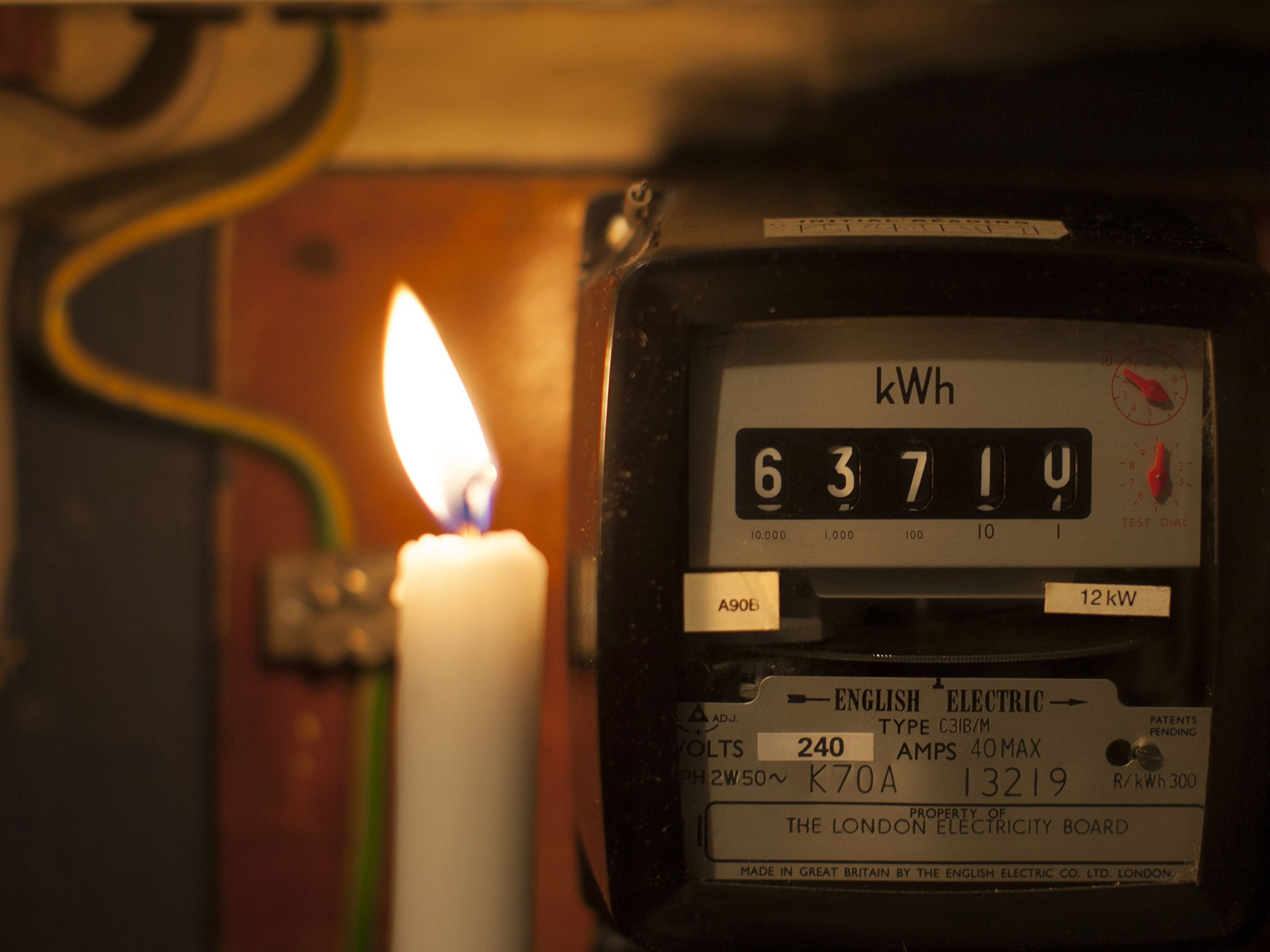Risk of blackouts at its highest in a decade, says National Grid
Energy network manager points to low spare capacity over winter months

The risk of households and companies experiencing energy blackouts this winter is at its most severe for a decade, the National Grid has said, throwing a spotlight on Britain’s dwindling power-generation capacity.
The National Grid revealed that the forecast capacity margin – the difference between available supply and expected peak demand – is 1.2 per cent, the lowest since 2005-06. The company said there was an “increased likelihood” it would have to use its “contingency balancing services” in order to keep the power on over the coming months. With the additional capacity the margin rises to 5.1 per cent.
National Grid has been forced to enlist power stations to be ready to provide extra capacity from mothballed plants. It may also pay companies to reduce their usage at times of peak demand. As a result, Cordi O’Hara, the National Grid’s UK systems operator, said electricity supply over the winter would be “tight but manageable”.
But the network’s projections drew a sharp response from critics. Doug Parr, the chief scientist at Greenpeace, said: “Every year National Grid says it can keep the lights on, but every winter some still say our energy infrastructure will struggle to cope. George Osborne needs to empower cities and towns to provide local, decentralised energy, which can help provide the resilience that the country needs, alongside a smart, interconnected grid and clean energy.”
The GMB union warned of the impact of nine scheduled power station closures by the end of 2016 and accused ministers of complacency over the threat posed to energy supply.
It said: “We have the bonkers position where National Grid is using consumers’ money to pay firms to stop work in order to avoid winter blackouts. [It] hides this farce with the phrase ‘energy balancing’. That and bringing unused, inefficient power production back into operation are the special measures National Grid is being forced to rely on to keep the lights on, and the cost is added to consumers’ bills”.
Amber Rudd, the Energy and Climate Change Secretary, denied there was a risk of people losing their power. “Keeping the lights on is non-negotiable,” she said. “National Grid has the right tools in place to manage the system this winter and we will ensure that they continue to do so in future.”
National Grid forecast that demand will be at its highest in mid December and that the network supply will be under the most strain between 26 October and 11 January. As recently as 2011-12, the network had spare winter capacity, excluding additional resources, of 16.8 per cent.
It said the additional cost of the contingency services was equivalent to around 50p per year on the electricity bill of the average customer.
The Government is set to commission EDF and two Chinese companies to build a new £24.5bn nuclear power station at Hinkley Point in Somerset. But this is not expected to begin to generate until well into the next decade.
Richard Black, director of the Energy and Climate Intelligence Unit, said fears of a winter energy blackout were overdone. “The fact is that generation-related electricity outages are vanishingly rare – just one in the past 10 years.”
Subscribe to Independent Premium to bookmark this article
Want to bookmark your favourite articles and stories to read or reference later? Start your Independent Premium subscription today.

Join our commenting forum
Join thought-provoking conversations, follow other Independent readers and see their replies